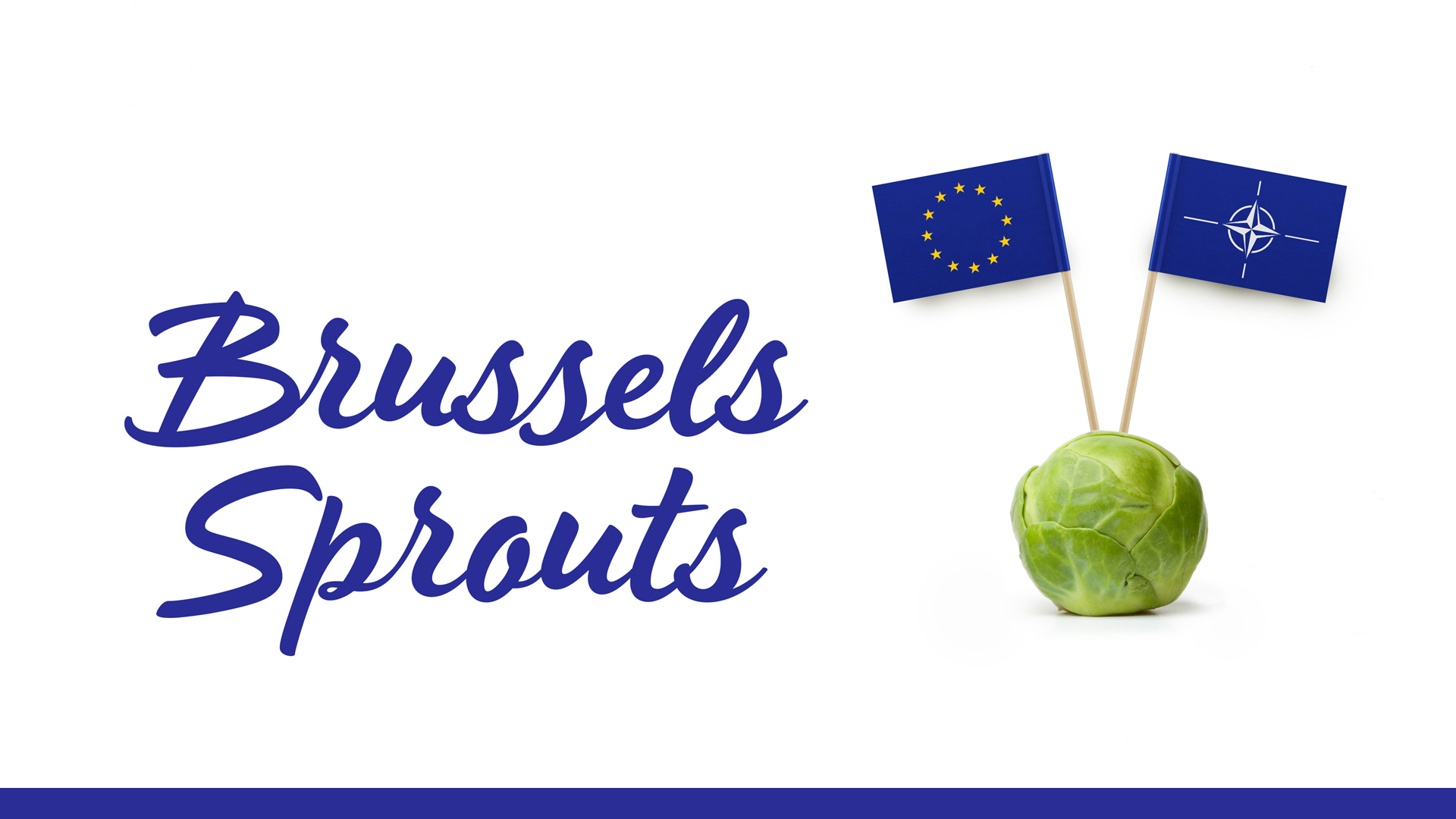
January 28, 2022
Flash Release: Ben Hodges Reacts to U.S.-NATO Response
The United States and its NATO allies have begun pursuing other courses of action to the Russia-Ukraine crisis besides diplomacy, including decisions to put military forces on standby and to send ships and fighter jets to reinforce Eastern Europe. Amid this flurry of activity, there has been a lack of clarity about the intentions behind these moves, lending support to the false Kremlin narrative that NATO forces are converging on Russia and pose a threat to the country’s security interests. Ben Hodges joins Andrea Kendall-Taylor and Jim Townsend to discuss what the U.S.-NATO response to Ukraine really means, along with discussing the potential trajectory of future events.
Lieutenant General (ret.)Ben Hodges holds the Pershing Chair in Strategic Studies at the Center for European Policy Analysis. He previously served in the U.S. Army for 38 years, completing his last assignment as commander of U.S. Army Europe from 2014-2017 in Wiesbaden, Germany.
More from CNAS
-
Ukraine Negotiations: Prospects and Pitfalls of Peace
This week Brussels Sprouts breaks down the latest negotiations on Ukraine. American officials told reporters that they had resolved or closed gaps around 90 percent of their d...
By Andrea Kendall-Taylor & Jim Townsend
-
Transatlantic Security / Middle East Security
The Russia-Iran Partnership: A Geopolitical Balancing ActIt has been almost a year since Russia and Iran signed their comprehensive strategic partnership. That deal established a 20-year partnership between the two countries coverin...
By Andrea Kendall-Taylor & Jim Townsend
-
Defense / Transatlantic Security
Ukraine’s Catch-22 MomentThis article was originally published in the Financial Times. In Joseph Heller’s wartime classic, Catch-22, the protagonist Yossarian seeks out the US army surgeon Doc Daneeka...
By Franz-Stefan Gady
-
Transatlantic Security / Middle East Security / Energy, Economics & Security
Sanctions Aren’t Enough to Shut Down the Moscow-Tehran Black Market for WarThe geographic scope and extent of Iranian-Russian cooperation highlights the failure of traditional sanctions to prevent Moscow and Tehran from seeking key components like ch...
By Delaney Soliday




